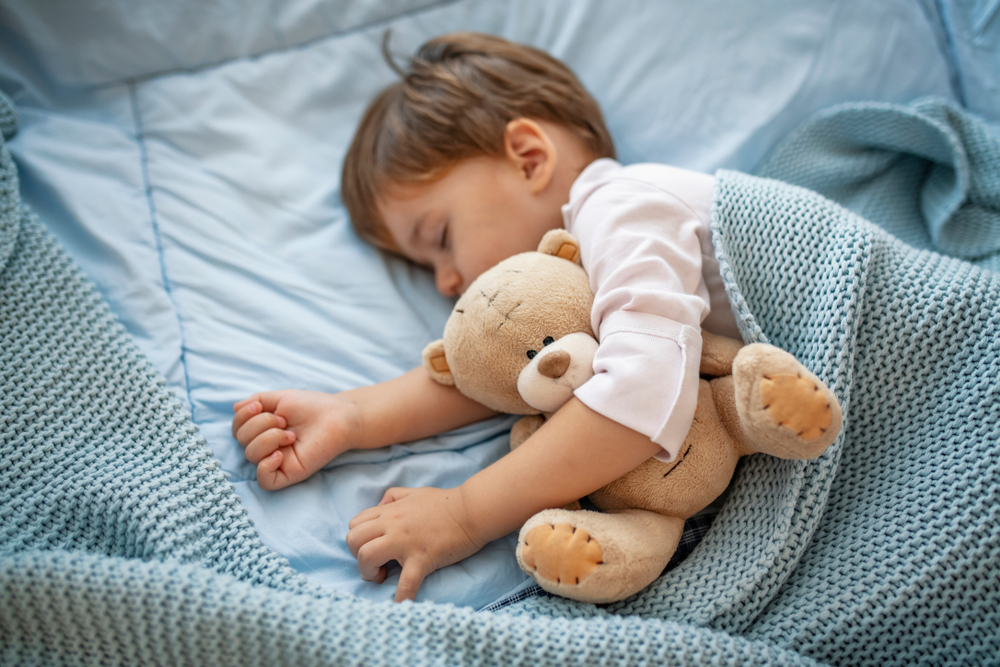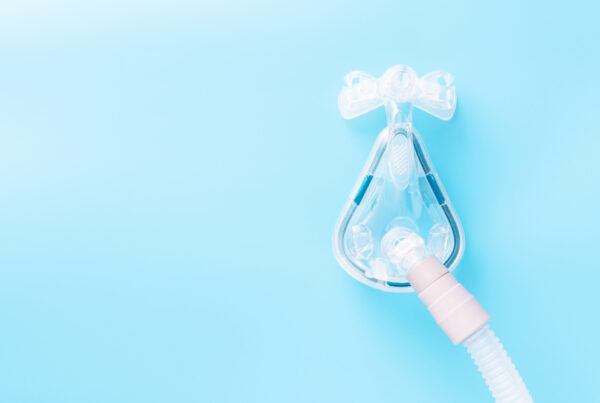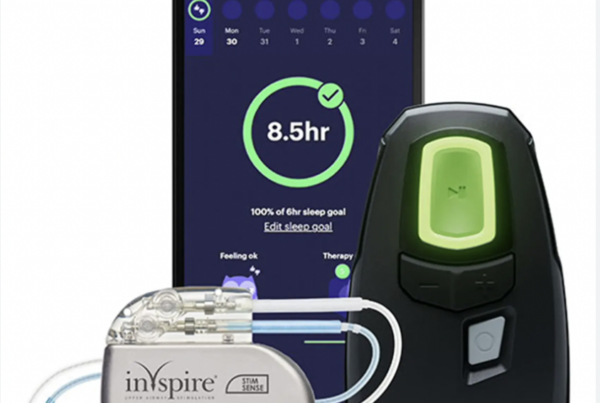Many parents in Dallas Tx and University Park are looking for the best bedwetting treatment for their child, which is a challenging thing that can be emotionally taxing for both children and their families. At Randall Dentistry, Dr. Drew Randall understands the deep impact of nocturnal enuresis—not only on nightly routines but also on a child’s self-esteem.
Bedwetting does more than just dampen sheets; it can lead to feelings of embarrassment and anxiety in children. However, there is real hope for change. Dr. Randall’s compassionate approach and innovative treatments offer more than relief; they restore confidence.
Imagine your child waking up dry and self-assured every morning. Join us at Randall Dentistry as we embark on a transformative journey towards conquering bedwetting, enhancing your child’s happiness and self-confidence along the way. Let’s make dry mornings a regular delight for your child.
What Causes Bedwetting (Enuresis)?
Is your child dealing with bedwetting? About 5-10% of kids who are 7-year-olds wet the bed regularly. That rate gets lower for older kids but it remains an issue for some into adolescence.
Bedwetting is quite common, and there could be a few reasons behind it:
- Family History: If you or your partner faced bedwetting as kids, your child might too. It’s often something that runs in the family.
- Development Pace: Some kids’ bladders take a bit longer to mature, which can mean more nighttime accidents.
- Hormone Levels: There’s a hormone that helps cut down how much urine is made at night. Sometimes, kids don’t make enough of it yet.
- Stress: Big changes or stressful events can trigger bedwetting in little ones.
- Urinary Tract Infections (UTIs): These infections can mess with normal bladder control.
- Constipation: Yep, even constipation can impact bladder control.
- Teeth Grinding: Often overlooked, teeth grinding at night might be linked to stress or other issues affecting sleep.
- Sleep Disorders: Issues like sleep apnea can prevent kids from waking up when they need to go, leading to accidents.
At Randall Dentistry, Dr. Drew Randall understands how complex this issue can be and offers tailored approaches to help your child overcome it. By tackling the root causes, we aim for mornings that start with smiles, not frustrations.
The Overlooked Connection: Underdeveloped Jaws
Many might not know that an underdeveloped jaw can contribute to bedwetting, or nocturnal enuresis. When the jaw isn’t fully developed, it can lead to a narrowed airway, which in turn may cause sleep-disordered breathing. This situation often plays a role in bedwetting episodes.
The National Institute of Health highlights that children with such airway restrictions might struggle to wake up due to lowered oxygen levels, even if their bladder is urging them to. This deep sleep, without the normal wakeful response, often leads to bedwetting.
Addressing the growth of the jaw not only has the potential to decrease bedwetting occurrences but also significantly improves overall sleep quality and respiratory health in children. At Randall Dentistry, Dr. Drew Randall looks deeper into these connections, providing targeted treatments that go beyond the symptoms to the root causes.
Bedwetting Solutions: When to Seek Help
Wondering when to address your child’s bedwetting? If it’s still a concern by age 7, it’s a good idea to talk with your pediatrician. They can rule out any underlying issues like diabetes, constipation, kidney problems, or sleep disorders that might be contributing to the problem.
For most kids, the initial approach involves simple behavioral adjustments and lifestyle tweaks:
- Cut back on liquids before bedtime.
- Steer clear of caffeine and acidic drinks such as juices in the evening.
- Make sure your child goes to the bathroom right before bed and again during the night if they wake up.
- Consider gently waking your child to use the bathroom during the night.
- Try positive reinforcement, like small rewards or privileges, for dry nights.
- Use nightlights and loud alarms to help prevent too deep of a sleep, which can make waking up harder.
These steps can often make a big difference, helping your child—and the whole family—enjoy a better night’s sleep.
Alternative Treatments for Persistent Bedwetting
If the initial strategies don’t work within a few months, your doctor might suggest medication. Here are some options:
- Desmopressin (DDAVP): This medication reduces urine production overnight. It’s available in oral tablet or nasal spray forms.
- Anticholinergics: These help relax the bladder muscles, allowing it to hold more urine overnight. Common types include Oxybutynin and Tolterodine.
- Tricyclic antidepressants: These affect the brain’s sleep-wake cycle and are sometimes used off-label for bedwetting.
- Hormone therapy: Used occasionally to address hormonal causes of bedwetting.
It’s important that any medication is prescribed and monitored by a doctor, as effects and side effects can vary. Often, several months of treatment are needed to effectively retrain a child’s bladder control.
Exploring the Vivos Treatment for Bedwetting
Consider the Vivos treatment, a non-medical solution that enhances sleep-related breathing symptoms and addresses bedwetting. Here’s what makes Vivos stand out:
- Fitted Oral Appliance Therapy: Custom-made appliances are tailored to fit each individual’s dental structure.
- Arch Expansion: Aims to widen the dental arches, increasing space in the mouth and airway.
- Non-Invasive Option: Offers a comfortable, user-friendly alternative to surgical interventions, working naturally with the body’s structures.
This innovative approach not only targets underlying issues related to breathing and sleep but also presents an effective option for managing bedwetting.
Lifestyle Tips to Stop Bedwetting
Helping your child overcome bedwetting is more effective with positive lifestyle changes at home. Here are some helpful tips:
- Establish a Consistent Evening Routine: Set specific times for dinner, bathing, brushing teeth, and reading before bed. A routine prepares the body for better nighttime bladder control.
- Encourage Bathroom Use Before Bed: Ensure your child uses the bathroom right before bedtime to empty their bladder. Handle any accidents calmly, without scolding.
- Avoid Evening Caffeine: Caffeine can irritate the bladder and increase nighttime accidents. Ensure your child avoids soda, chocolate, or caffeinated teas after dinner.
- Increase Daytime Bathroom Reminders: Encourage regular bathroom breaks to strengthen bladder control muscles and improve capacity. Ensure they fully empty their bladder each visit.
- Promote Regular Bowel Movements: Constipation can pressure the bladder and cause accidents. Ensure your child eats fiber-rich foods and drinks plenty of water.
- Use a Bedwetting Alarm: These devices can effectively retrain the bladder during the night. Reward your child for progress and be patient as they learn to sleep dry.
- Focus on Progress: Reinforce any improvement like drier nights and maintain a supportive attitude toward accidents. Celebrate small victories without shaming or punishing.
With these supportive practices, you can significantly aid your child’s recovery from bedwetting, leading to better sleep for the entire family.
Download the Free “Parents’ Guide to Bedwetting” eBook
For parents dealing with the challenge of bedwetting, Dr. Drew Randall provides a valuable resource with his free eBook, “Parents’ Guide to Bedwetting.”
- Expert Advice: Loaded with insights and practical tips from Dr. Randall.
- Emotional Support: Offers guidance on how to support your child through bedwetting challenges.
- Easy-to-Read: Designed to be an accessible, helpful resource for any parent.
This guide is more than just information; it’s an active tool for understanding and managing bedwetting with confidence and empathy. Download your free copy today and start your journey to effectively address bedwetting with care and understanding.
Begin Your Child’s Journey to Confidence
Bedwetting is a challenge, but it’s one that Dr. Drew Randall is equipped to help you and your child overcome. With his expertise, especially in innovative treatments like Vivos, your child can look forward to:
- Restful Nights: Say goodbye to bedwetting and hello to peaceful sleep.
- Renewed Confidence: Watch your child’s self-assurance blossom as they enjoy life more fully.
- Happier Days: Embrace a future filled with joy and free from worries about bedwetting.
Ready to take the first step towards this positive change and schedule your free consultation today? A consultation with Dr. Randall is more than just a meeting; it’s the beginning of a transformative journey for your child’s health and well-being.
Book Your FREE Consultation Today!
Randall Dentistry
Proudly serving University Park Tx, Highland Park Tx & Dallas Tx.
Find out why everyone is talking about Randall Dentistry and Dr. Drew Randall. Come in and see the great dental care we offer!
Contact Us
Phone:
214-750-4901 (office)
Address:
6805 Hillcrest Avenue, Suite 218
Dallas, TX 75205







